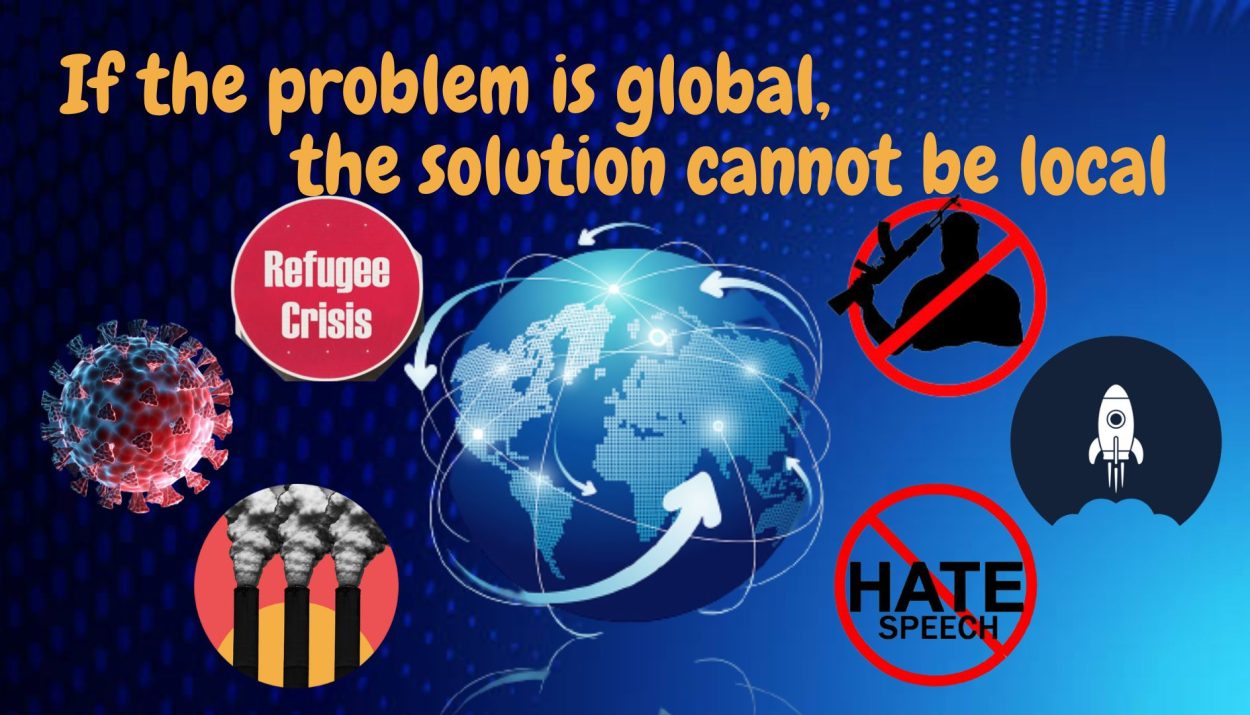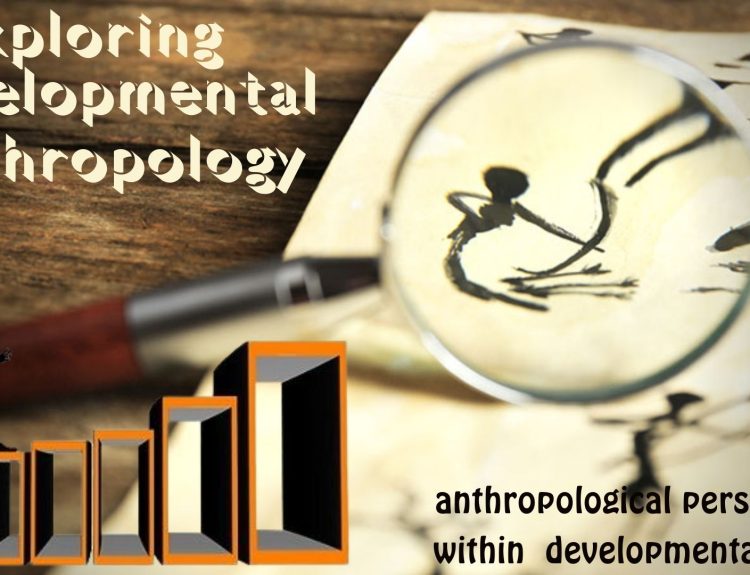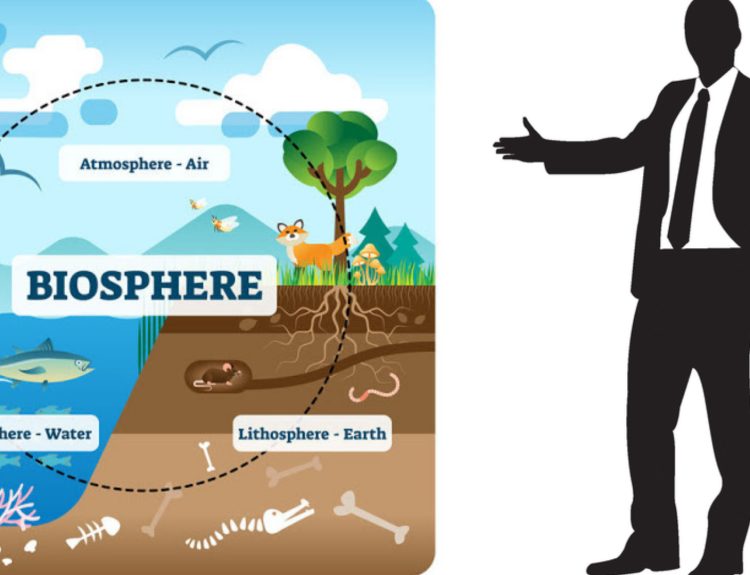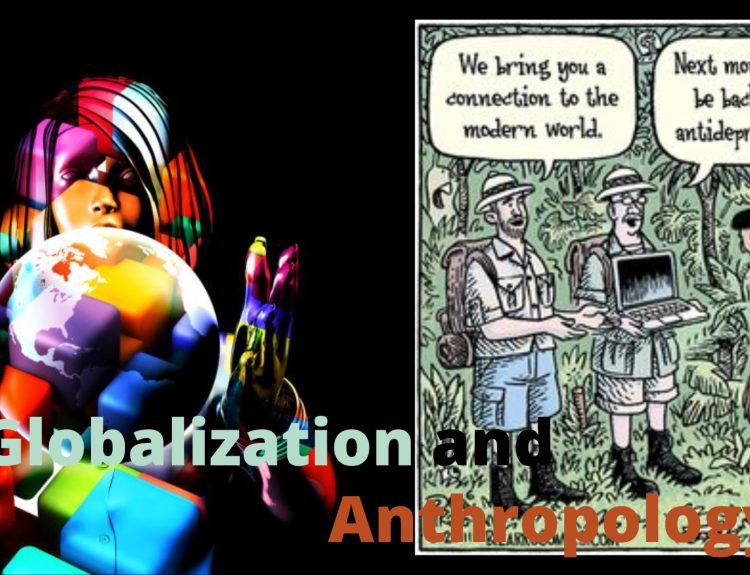In a world more interconnected than ever before, global problems demand global solutions. The challenges of the 21st century, such as climate change, the refugee crisis, disinformation, the rise of hate speech, drug trafficking, terrorism, the COVID-19 pandemic, space missions, and many more, transcend national borders, with their impacts felt worldwide. Attempting to address these issues through local or isolated approaches is not only ineffective but can exacerbate the problems. If the problem is global, the solution cannot be local; instead, it demands a coordinated effort from nations around the world to address its root causes and find effective solutions. To truly tackle these global crises, we must recognize that their solutions must be international, collaborative, and holistic.
Read- Migration around the world
In this context, let’s explore a few worldwide concerns:
The Global Challenge of Climate Change
Climate change stands as the paramount issue of our era, and we find ourselves at a pivotal juncture. The consequences of climate change resonate globally on an unprecedented scale, manifesting in shifting weather patterns that jeopardize food production and the looming spectre of catastrophic flooding due to rising sea levels. The Intergovernmental Panel on Climate Change, in its recent sixth report, disclosed an alarming fact: Greenhouse gas emissions are expected to drive a near-term rise in global temperatures, with a strong likelihood of reaching 1.5°C between 2030 and 2035. Presently, we have already experienced approximately 1.1°C of warming, and existing climate policies are anticipated to contribute to a further 3.2°C increase in global temperatures by the year 2100.

Climate change is one of the most pressing global issues of our time. Rising temperatures, extreme weather events, and melting ice caps affect everyone, regardless of their location. The emission of greenhouse gases knows no borders, and all will feel the consequences of inaction. Attempting to combat climate change through the efforts of individual countries alone is like trying to bail out a sinking ship with a teaspoon.
The Worldwide Reach of Terrorism
Terrorism is another global menace that respects no boundaries. Terrorist organizations, fueled by radical ideologies and global communication networks, can launch attacks in any corner of the world. Localized responses may capture individual terrorists, but they often fail to address the root causes or prevent future attacks.
The challenges posed by the rapid expansion of urban centres, the spectre of interstate conflicts, and the backdrop of geopolitical tensions have taken centre stage. These concerns are closely interlinked with global security, including the fight against terrorism. As highlighted in the 2020 Global Humanitarian Report, a staggering revelation emerges: one out of every 45 individuals worldwide will necessitate assistance and protection in the forthcoming year, underscoring the urgency of addressing these complex issues.
COVID-19: A Pandemic Without Borders
The COVID-19 pandemic, which swept across the globe with unprecedented speed, is a stark reminder of how interconnected our world has become. A virus originating in one part of the world quickly became a global crisis. Attempting to control the pandemic solely within national borders has proven ineffective. Vaccines, treatments, and knowledge must be shared globally to bring an end to the pandemic.
The Way Forward: Global Collaboration
In addressing these and other global challenges, it is evident that the path forward lies in global collaboration and collective action. Here are a few key principles to guide our approach:
International Agreements: The success of international agreements, like the Paris Agreement for climate change, underscores the importance of global compacts and commitments. Nations must honour their commitments and work towards strengthening them.
To mitigate its effects, nations must work together to reduce emissions, transition to renewable energy sources, and protect vulnerable ecosystems. The Paris Agreement exemplifies the necessity of a global approach to this global problem, where countries commit to reducing emissions collectively.
(The Paris Agreement, established during the UN Climate Change Conference (COP21) on December 12, 2015, in Paris, France, is a legally binding international treaty on climate change. It came into effect on November 4, 2016, with its primary objective being to constrain the rise in the global average temperature to a level significantly below 2°C above pre-industrial levels. Furthermore, it aims to actively strive to restrict the temperature increase to 1.5°C above pre-industrial levels.)

The United Nations has emerged as the primary platform for tackling challenges that extend beyond individual countries’ borders and cannot be effectively resolved through unilateral actions. While its prominent roles include conflict mediation and peacekeeping, the UN, in collaboration with its specialized agencies, is involved in a diverse range of initiatives aimed at enhancing the well-being of people worldwide. These initiatives span from providing humanitarian aid during disasters to promoting education, gender equality, and the peaceful application of atomic energy.
Information Sharing: In the fight against terrorism and pandemics, sharing intelligence and information across borders is crucial. Transparency and cooperation enhance our ability to prevent and respond to crises effectively. There are United Nations reforms aimed at strengthening connections between development initiatives and the fields of peacekeeping and security, with a particular focus on conflict prevention. The international community shares the expectation that these reforms will result in positive transformations, thus contributing to global efforts in counterterrorism and conflict resolution.
Global cooperation in intelligence sharing, countering extremist propaganda online, and addressing the underlying socioeconomic factors that drive radicalization is essential to combat terrorism effectively. The formation of international coalitions, such as the Global Coalition to Defeat ISIS, underscores the need for a unified response to this global threat.
Equity and Inclusivity: Solutions to global problems must be equitable and inclusive. Addressing climate change, for instance, should consider the interests and needs of developing nations and marginalized communities.
Science and Research Collaboration: Advancements in science and research, such as the rapid development of COVID-19 vaccines, demonstrate the power of international collaboration. Continued support for such efforts is essential.
Initiatives like COVAX aim to ensure equitable vaccine distribution worldwide, recognizing that a “vaccine nationalism” approach would only prolong the suffering and economic devastation.
Education and Cultural Exchange: Promoting understanding among nations and cultures through education and cultural exchange programs can help counter extremism and build stronger international bonds.
Conclusion
The global challenges cannot be effectively addressed with local or isolationist strategies. These issues are global in scope and require global solutions. It is only through international cooperation, shared responsibility, and a commitment to the common good that we can hope to overcome these pressing challenges and create a more stable, secure, and sustainable world for future generations. Recognizing that “if the problem is global, the solution cannot be local” is the first step towards a brighter and more interconnected future.
References
AR6 Synthesis Report: Climate Change 2023- IPCC
When threats are global, the response cannot be just local- The Times Of India







